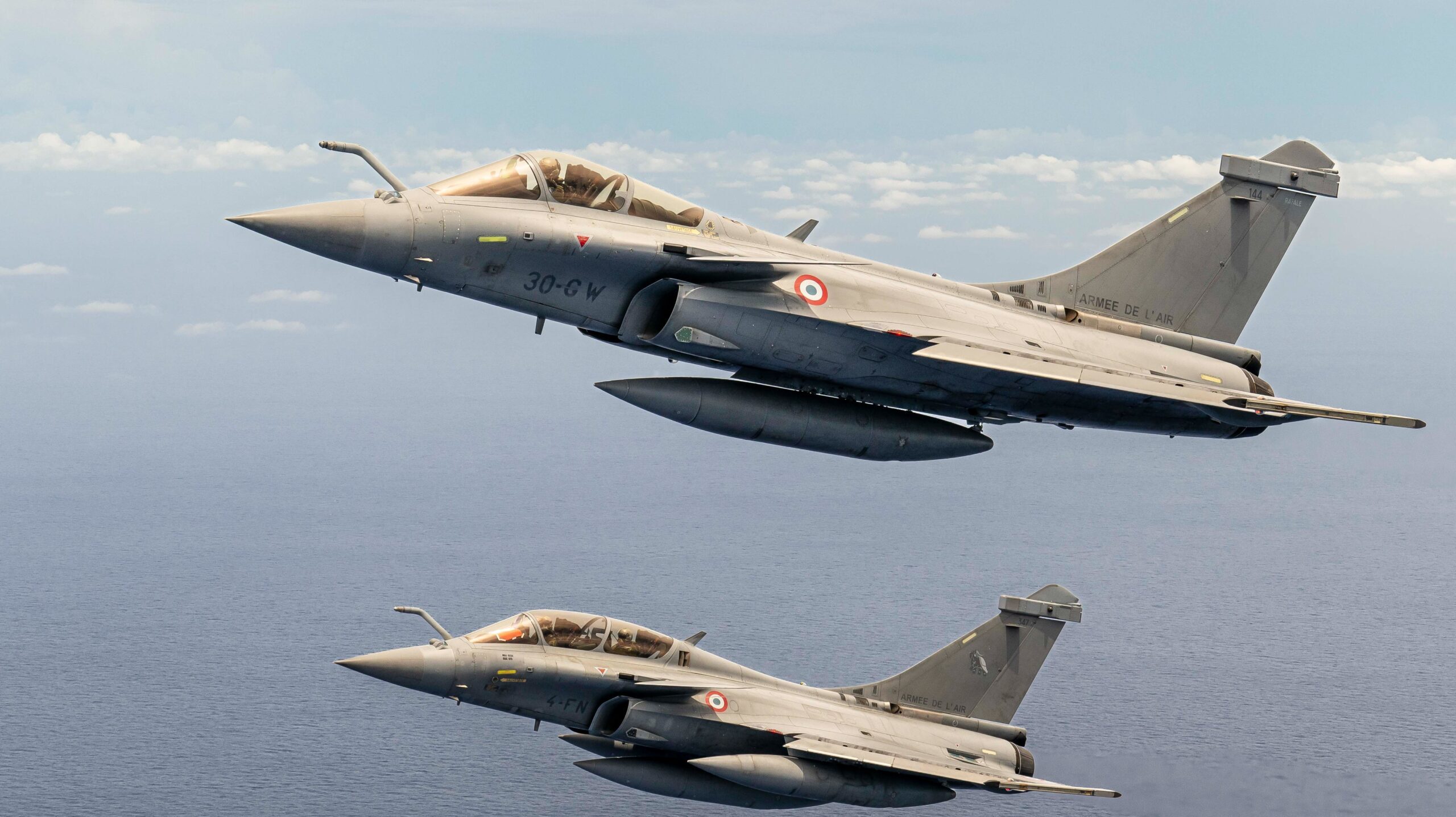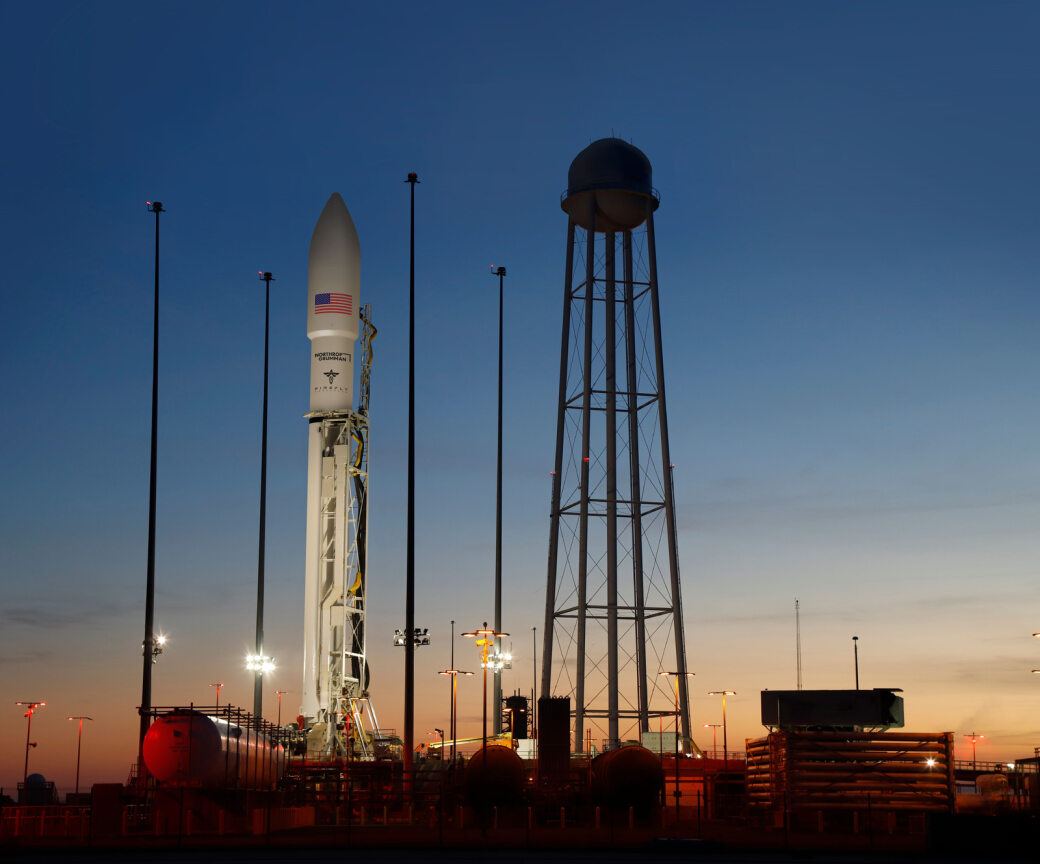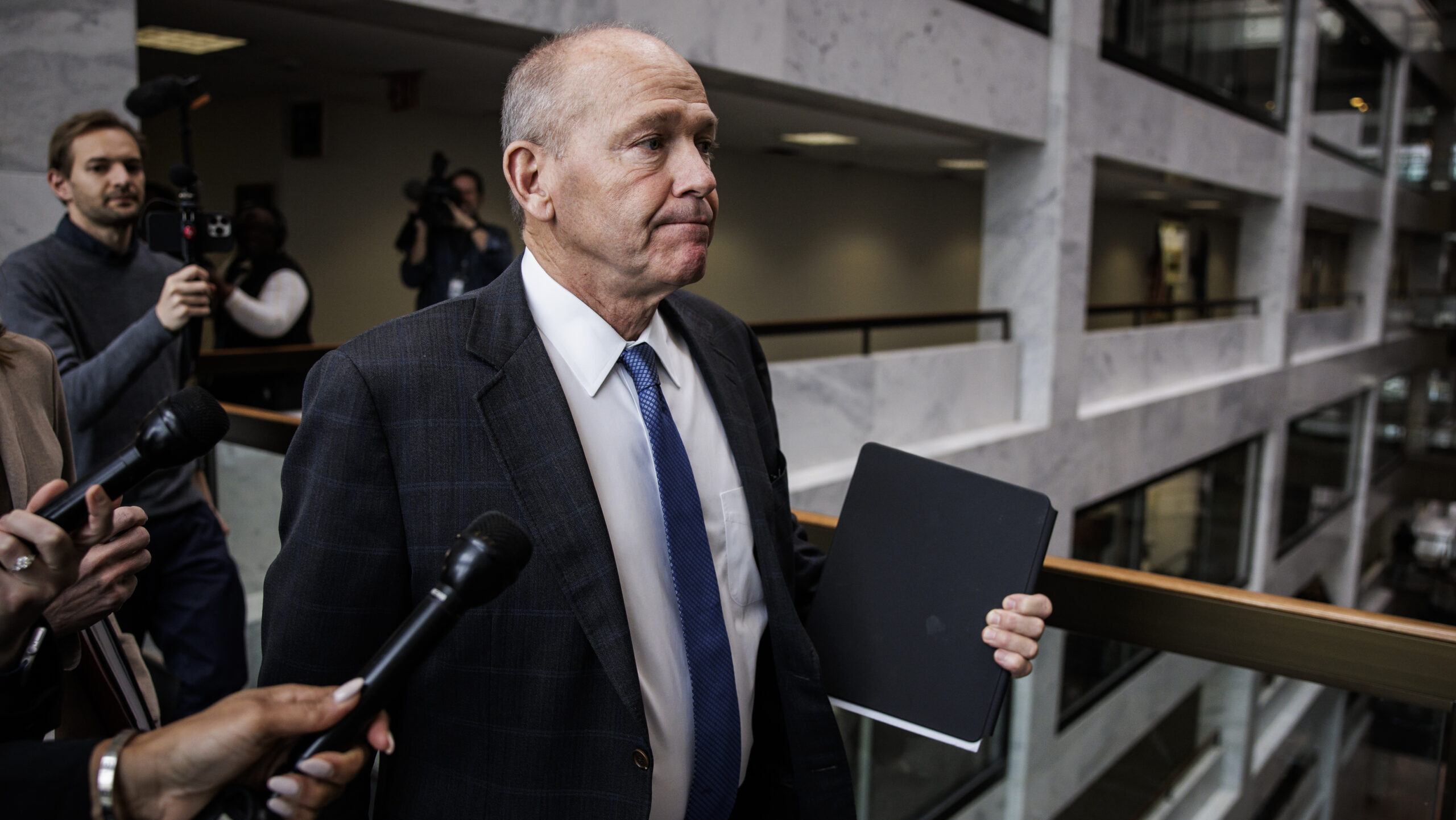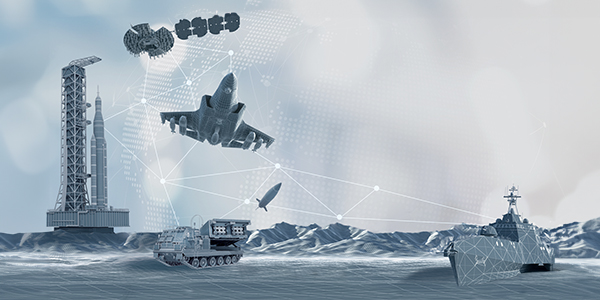
Dassault’s Rafale fighter jet is the backbone of French air power (French Air and Space Force on X)
PARIS — Three of France’s major defense companies returned record results for the 2023 financial year, and despite some supply chain challenges, appear poised well for the future with major order backlogs.
Thales, Dassault Aviation and MBDA all conducted their annual investor events over the last two weeks, with the three firms collectively announcing revenues of €27.7 billion ($30.3 billion) in 2023, a massive haul for France’s defense sector. The firms also claim €101.7 billion ($111 billion) worth of order backlogs —seemingly confirming recent statistics from the Stockholm International Peace Research Institute that France’s arms exports increased by 47 percent between 2019 and 2023, compared to the previous five-year period.
Éric Béranger, CEO of MBDA, said Wednesday that 2023 had been an “extraordinary year” with €4.5 billion ($4.93 billion) in revenues and €9.9 billion ($10.8 billion) in orders — the latter up 10 percent on the “already exceptional” 2022. The Franco-British-Italian-Spanish-German missile group has a backlog of orders worth €28 billion ($30.6 billion) of which 50 percent are for its five domestic markets and the remainder for export.
Béranger said that 2022 had been a “wake-up call” with Russia’s invasion of Ukraine, which combined with the “dramatic events” in the Middle East in 2023, points to a “fundamental change in the world, where force is changing international rights.”
After Russia’s invasion of Ukraine the company learned that “brutally, time matters,” Béranger said, stressing that “we are very conscious of our customers’ needs to accelerate.” The group is looking at all its products, particularly ground-based air defense, “to see how we can now take this time factor into account.”
As an example, he pointed to the fact an Aster missile prior to 2022 took 42 months from order to delivery; the company hopes to slash this to 10 months by 2026. He also noted that MBDA has been able to respond to urgent operational requirements from France and the UK to integrate the Storm Shadow and Scalp missiles “under aircraft that were not made for these … in a matter of weeks” instead of the years it would have taken before 2022.
RELATED: Dassault CEO talks Saudi interest in Rafale, takes a shot at F-35 and reveals FCAS details
To meet its production targets, the group will be investing “at least” €2.4 billion ($2.6 billion) over the next five years, doubling production at its Bolton, United Kingdom plant, extending buildings in Italy, and doubling the size of final assembly lines in France, Béranger said.
Thales on March 5 reported revenues of €18.4 billion ($20.1 billion), up 7.9 percent on 2022. Of this, its defense and security sector recorded sales of €9.8 billion ($10.7 billion), a 7 percent rise on the 2022 figure, whilst orders rose 1 percent to €14.14 billion ($15.5 billion). The company notably took 17 orders worth a unit value of over €100 million ($109.5 million) and has a new record high backlog of €35 billion ($38.3 billion), up 14 percent. “This provides long-term visibility,” CEO Patrice Caine remarked.
Dassault CEO Éric Trappier, speaking one day later, said the €4.8 billion ($5.3 billion) in revenues Dassault recorded in 2023 was “one of the best [totals] ever” even if it was considerably down on the €6.9 billion ($7.6 billion) recorded in 2022, when the company sold six more Falcons and one more Rafale than it did in 2023. It has an order backlog of €38.5 billion ($42.2 billion) which is equivalent to 10 years’ worth of work.
Looking to the future, Trappier said that there were prospects for more exports of the Rafale jet, but, as usual, refused to be drawn on where these might be. He did specify however, that despite Germany having lifted its embargo on the Eurofighter being exported to Saudi Arabia, Dassault was continuing to “work with Saudi Arabia and most notably with its air force.” He added that “we’re also working very hard with them concerning their request that local industry be involved.”
Trappier, who doesn’t usually shy away from criticizing the European Commission, said he “rejoiced” in the March 5th announcement by the Commission concerning the launch of a European Defense Industry Strategy (EDIS) which, he said, showed a realization that Europe’s defense industry needs to get its house in order. But, he warned “between that realization and the reality of building a European defense industry it’s going to take many years and even many decades.”
Béranger said he welcomed this “positive initiative which is going to help” because “it is clearly stating an ambition and that is important.” He said that “whatever hurdles” EDIS might face “if the ambition is clear then we’ll make progress.” He said it was important for EDIS to give an exact definition of what it meant by “European procured” stressing that for him it meant that European industry maintains design authority, in other words the ability and the right to conceive, design and make products “without asking anyone else.”
However it’s not all roses, as supply chain hiccups are hampering both Thales and Dassault.
For Thales the supply chain of computer chips and mechanical components is causing some problems “which we’re addressing by looking for other suppliers and by ordering ahead of time,” Caine said.
Because there is only one production line for Dassault Aviation’s Rafale fighter aircraft it has been less impacted by these supply chain hiccups than the Falcon, which the company produces not only as a business jet but also as a maritime patrol aircraft. and which has several production lines.
Trappier explained that Dassault relies on a network of suppliers, some of which are very small enterprises highly specialized in producing a single part of the Rafale, for example. “We help them out by sending some of our people to advise them and also by paying them up front so that they can pay their employees.”












